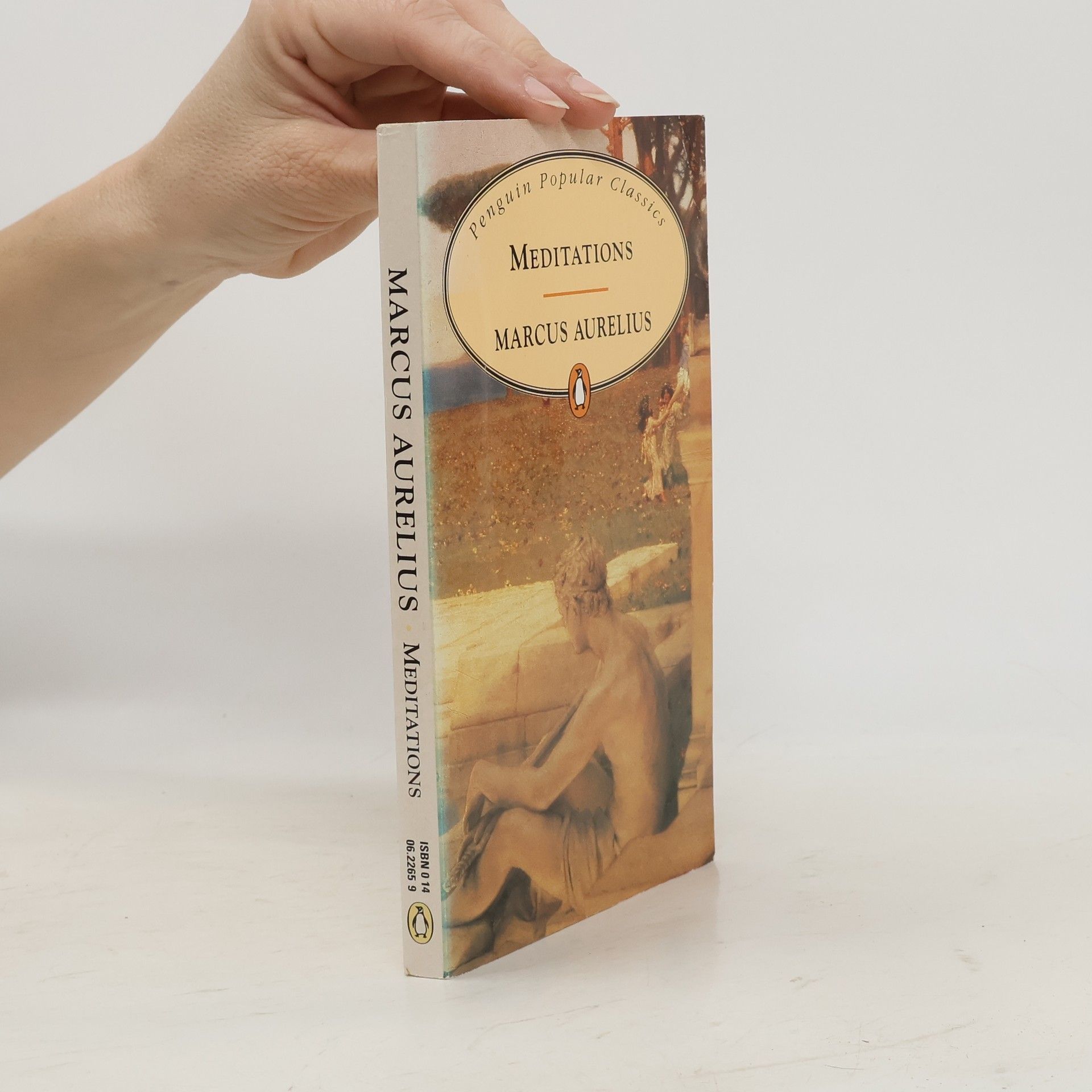Croc-Blanc
- 318pages
- 12 heures de lecture
" Tout n'est pas liberté dans le monde ", et quand ce monde est le Wild, pays farouche et terre glacée, même le loup se sent prisonnier. Jack London, dans ce décor sauvage et cette nature hostile, nous conte l'histoire d'un louveteau qui vient petit à petit à la civilisation et se fait chien. La vie âpre des animaux sauvages et des chasseurs indiens ou blancs de l'Alaska a rarement été peinte avec autant de force et de vérité. Pour écrire ce récit, qui est devenu un classique de la littérature, Jack London s'est inspiré des souvenirs de son séjour dans le Grand Nord.






